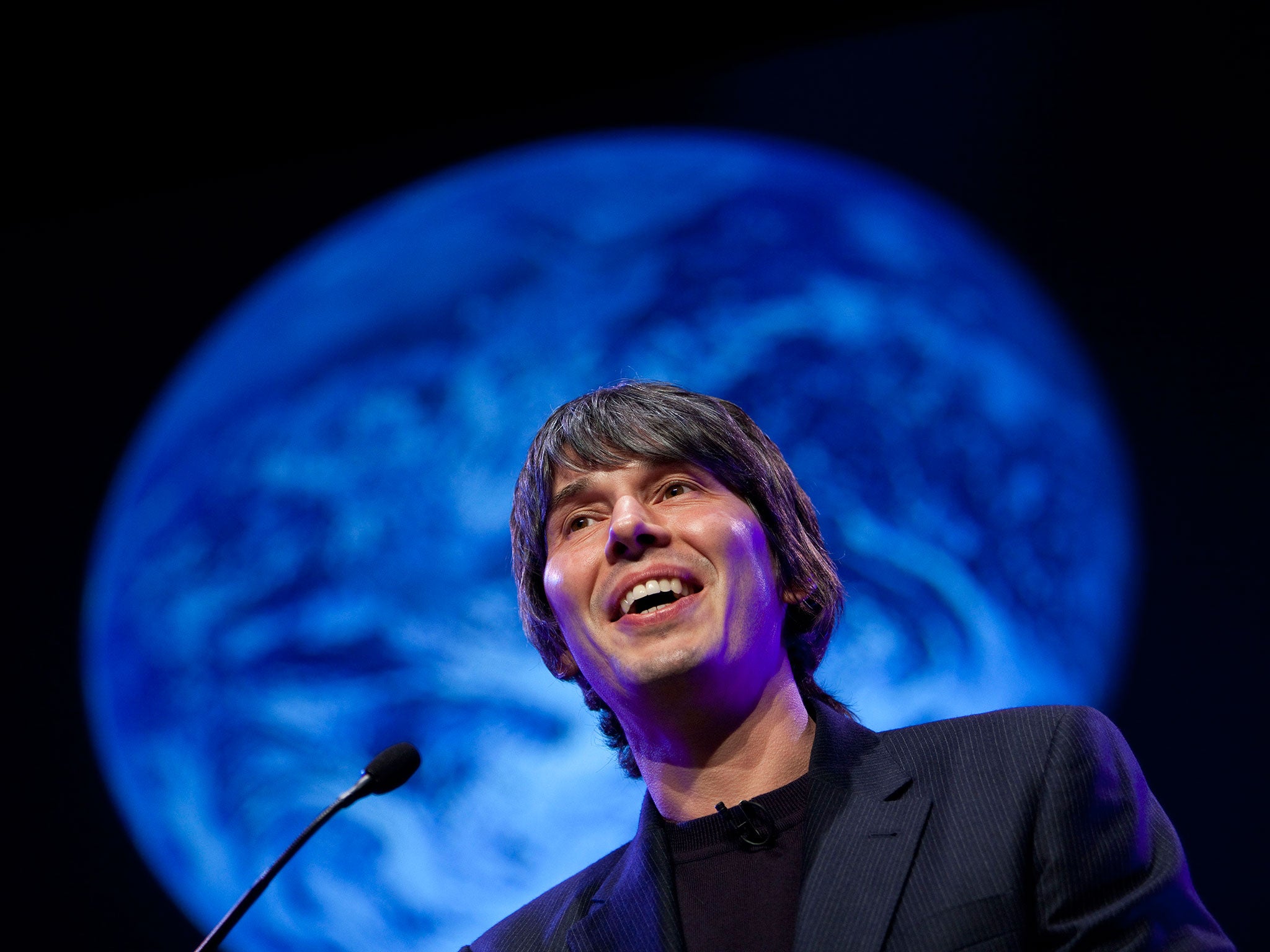Britain must double spending to remain a 'science superpower', MPs say
The UK currently spends about 1.7 per cent of its GDP on scientific research in both the public and private sectors

Britain is in danger of losing its status as a “science superpower” and needs to double the amount of money it spends on science if it wants to boost its economy and keep pace with its major competitors in research and development, a committee of MPs has found.
The UK currently spends about 1.7 per cent of its national wealth (GDP) on scientific research in both the public and private sectors but this needs to increase to 3 per cent, which is near to the amount spent by the United States and Germany, the MPs said.
The call to increase public investment in science from the Science and Technology Committee of the House of Commons comes two weeks ahead of the Spending Review where the Chancellor, George Osborne, will outline his plans for cuts of between 25 and 40 per cent of departmental budgets by 2020 – including the business department responsible for the science budget.
Although the Government has protected the UK science budget since 2010 with annual “flat-cash” settlements, the ring-fencing has failed to increase the total spending on science in line with other major nations including France and Japan. This, combined with the lack of private sector investment, threatens the UK’s status as a global science superpower, the MPs said. “The UK has fallen behind its competitors in terms of total R&D investment and this will put UK competitiveness, productivity and high-value jobs as risk if it is not reversed,” says the committee’s report.
“The Government should produce a long-term ‘roadmap’ for increasing public and private sector science R&D investment in the UK to 3 per cent of GDP – the EU target,” the report says.
In addition, many university labs and national science facilities have had to struggle with the rising capital costs of equipment and running charges without extra funding. In some cases, the cash shortfall has prevented some centres from operating at full capacity, the MPs warned.
In one case, the £400m Isis neutron source at Harwell has only been able to operate for about 120 days this year, instead of the optimal 180 days because of insufficient funding. “We were shocked to discover a situation where national facilities were lacking investment and were unable to operate at full capacity. It’s a farcical situation,” said Nicola Blackwood MP, chair of the committee.
Commenting on the report, the physicist Professor Brian Cox of the University of Manchester, said: “The evidence has been gathered and the cross-party select committee has thought carefully about science in the UK. Their conclusion: the current level of expenditure on R&D, and particularly the constraints it places on the use of our existing world-leading scientific facilities, is farcical.”
Although the committee praises Mr Osborne as a “consistent champion for science”, the MPs believe that the instability of capital spending and the real-terms loss in spending power on science is jeopardising Britain’s position as a global leader in science, which acts as a magnet for other kinds of private investment.
“The UK is a science superpower. With less than 1 per cent of the world’s population the UK produces 15 per cent of is scientific research. We have four of the top six universities and our academics are cited in 10 per cent of all patent applications,” Ms Blackwood said.
“Our science spending, however, has now fallen below the OECD average and is well below key competitors like Germany and the US. The UK risks losing its status as a world leader in research if the Treasury does not make a long-term commitment to increase science funding in the Spending Review,” she said.
“Spending on science and innovation is not a state subsidy; it is a strategic investment that creates jobs, increases productivity and attracts inward investment,” she said.
Views from the lab
Sir Paul Nurse, president of the Royal Society
“The select committee’s report hits the nail squarely on the head. UK investment in research and innovation has been failing to keep pace with other leading nations.”
Professor Sir John Tooke, president of Academy of Medical Sciences
“We hope the Government will reflect on the committee’s findings and work with the sector to ensure that any changes further support the delivery of excellence, and make the UK the best place to carry out research and innovation.”
Professor Richard Jones, Pro-Vice-Chancellor for Research and Innovation at the University of Sheffield
“Public investment in science and innovation pulls in substantial extra investment by the private sector, with positive effects on productivity and economic growth.”
Philip Greenish, chief executive of the Royal Academy of Engineering
“It is essential that the UK is seen to provide a favourable environment for investing in innovation. In this highly competitive and internationalised environment, the role of government in providing a long-term commitment to research and innovation is more important than ever.”
Subscribe to Independent Premium to bookmark this article
Want to bookmark your favourite articles and stories to read or reference later? Start your Independent Premium subscription today.

Join our commenting forum
Join thought-provoking conversations, follow other Independent readers and see their replies